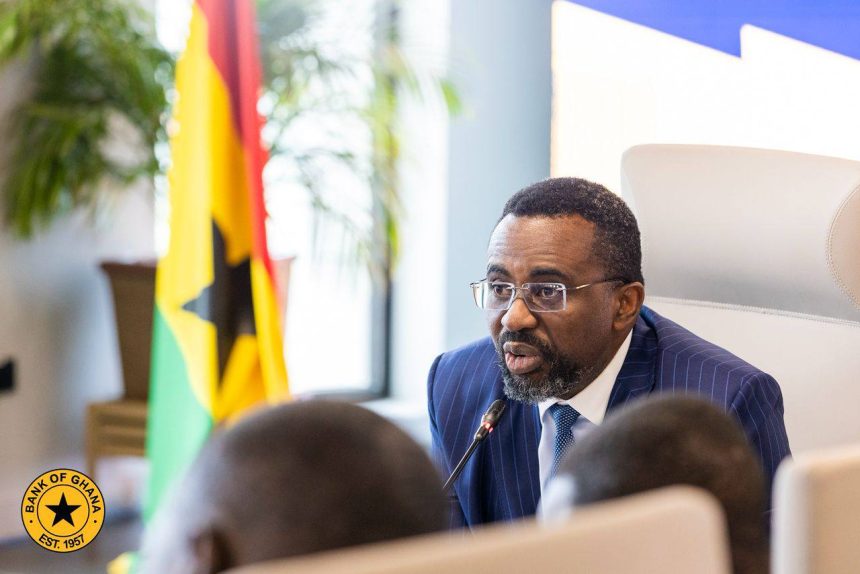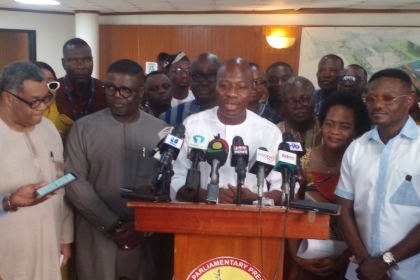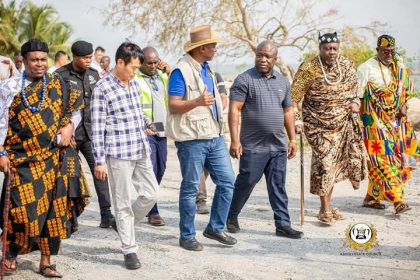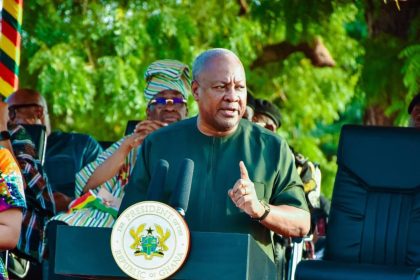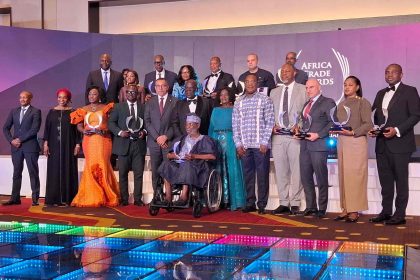Dr Johnson Pandit Asiama, the Governor of the Bank of Ghana, has expressed optimism about inflation reaching the Central Bank the medium term target of 8 plus or minus 2 per cent by the end of 2025 despite risks from a possible utility tariff hike.
The Central Bank Governor said this at the 126th Monetary Policy Committee (MPC) press briefing in Accra on Wednesday, September 17, where it reduced the monetary policy rate by 350 basis points (3.5 per cent) to 21.5 per cent from 25 per cent.
The Electricity Company of Ghana (ECG) has proposed a 225-percentage increase in its distribution service charge while the Ghana Water Company Limited has called for a 280-percentage hike as consultations are ongoing for the Multi-Year Tariff for 2025 to 2030.
While ECG cited the need to prevent financial collapse and maintain a reliable electricity supply, GWCL said the call for a 280 per cent increase was necessary to address the increased production costs driven by illegal mining and water pollution.
Dr Asiama admitted that an upward adjustment to tariff could impact on the ongoing disinflation process but expressed confidence that the current favourable macroeconomic conditions and monetary policy actions could keep inflation trending downwards.
Having evaluated the recent economic developments and assessed risks to the outlook for inflation and growth, the Committee maintained that inflation would continue to ease in the near term and in the outlook.
“In the outlook, headline inflation is expected to drop to within the medium-term target of 8 ± 2 per cent by the end of the fourth quarter [of 2025]” he said, while admitting that possible upward review of utility tariffs could exert some price pressures in the medium term.
“Notwithstanding this, maintenance of an appropriate monetary policy stance, strong sterilisation efforts, ongoing fiscal consolidation, and adequate reserve buffers should sustain the disinflation process,” the Central Bank Governor assured.
“The utility price adjustments are a necessary step to ensure the sustainability of our energy sector,” he said, adding that targeted subsidies for low-income households and programmess to enhance energy efficiency would reduce the overall burden of higher utility costs to Ghanaians.
“We are seeing a sustained decline in core inflation, which reflects the effectiveness of our policies in stabilising the economy,” Dr Asiama noted, highlighting improvements in global commodity prices of oil and food, which are critical drivers of inflation in Ghana.
Other factors that would support Ghana’s disinflation process included a projected agricultural benefit from favourable weather conditions and government support, which could bolster food supply and dampen price pressures.
Additionally, the government’s ongoing fiscal consolidation efforts, supported by the International Monetary Fund (IMF) under Ghana’s Extended Credit Facility, are expected to reduce deficit financing, further supporting macroeconomic stability.
Already, the Fund has backed an upward adjustment by utility companies, indicating that it would be vital to fixing inefficiencies and attracting investment into the country’s electricity sector.
Ms Julie Kozack, the IMF’s Director of Communications, on Thursday, September 11, explained that the increase in utility tariff would also help the country in preventing the accumulation of arrears in the energy sector.
However, President John Dramani Mahama, addressing concerns of Ghanaians about the proposals by ECG and GCWL at a media engagement on Wednesday, September 10, said the government did not favour those proposals.
“My government disagrees with ECG’s request for a 225 per cent increase in electricity tariffs. We are committed to exploring other measures to raise the necessary resources for ECG without transferring such a huge cost to consumers,” he said.
President Mahama noted that several reforms had been introduced in the energy sector, covering ECG, to make the utility service provider financially sound and manage its operations efficiently.
He stated that the responsibility was for the company to work diligently to cut costs and reduce debt, rather than overburdening Ghanaians with exorbitant tariffs to support the operationalisation of the 24-hour economy initiative.
Ghana’s inflation rate has been on a decline, reaching 11.5 per cent in August 2025, down from 12.1 per cent in July 2025, a declined that has been sustained for eight consecutive months.
This has been driven largely by a combination of factors, including the prudent monetary policy stance, strong liquidity management, appreciation of the cedi, fiscal consolidation, and improved food supply, the Ghana Statistical Service (GSS) noted.
GNA


